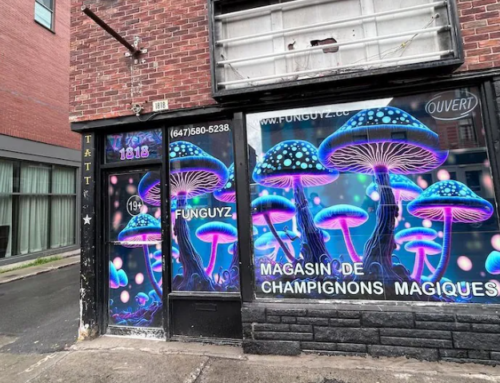California’s Proposal to Legalize Psychedelic Treatment Centers Fails for the Year
LOS ANGELES- The proposal to legalize psychedelic treatment centers in California has been shelved for the year. The initiative was developed in response to concerns raised by Governor Gavin Newsom (D) after he vetoed a prior proposal to decriminalize certain naturally occurring psychedelics.
The California Senate Appropriations Committee, dominated by Democrats, dropped Senate Bill 1012, also known as the “Regulated Psychedelic Facilitators Act,” alongside hundreds of other bills, as reported by the LA Times. This bill, sponsored by state Senator Scott Wiener (D), aimed to legalize treatment centers where adults aged 21 and over could access psychedelic substances such as psilocybin, psilocin, DMT, MDMA, and mescaline under supervision.
Senator Wiener expressed disappointment over the bill’s failure to advance. “We’ve been working for four years to legalize access to psychedelics in California, to bring these substances out of the shadows and into the sunlight, and to improve safety and education around their use. We’re in a terrible budget year, where all bills with significant costs are at risk. Nevertheless, it’s disappointing for this bill not to move forward,” Wiener stated.
Background and Legislative Intent
Wiener’s current proposal represented a more cautious approach compared to last year’s broader decriminalization effort, which included psychedelic plants such as mescaline, DMT, psilocybin, and psilocin. That proposal was vetoed by Governor Newsom, who raised concerns about the lack of a regulatory framework.
The “Regulated Psychedelic Facilitators Act” was designed to address these concerns. It proposed the establishment of training and licensing requirements for psychedelic facilitators, the creation of a new regulatory agency to oversee the facilities, and public education initiatives on the safe use of psychedelics.
Future Prospects
While the setback is significant, proponents of psychedelic reform in California remain hopeful. The bill’s failure highlights the challenges of advancing legislation with significant costs during a difficult budget year. However, the structured approach of the proposal, focusing on safety and education, may lay the groundwork for future efforts.
The failure of Senate Bill 1012 to advance underscores the complex legislative landscape surrounding the legalization of psychedelic treatment centers in California. Despite the setback, the continued efforts to bring structured and safe access to psychedelics reflect an ongoing commitment to addressing mental health treatment needs and regulatory concerns. The future of psychedelic reform in California will likely depend on the state’s financial outlook and continued advocacy.



























